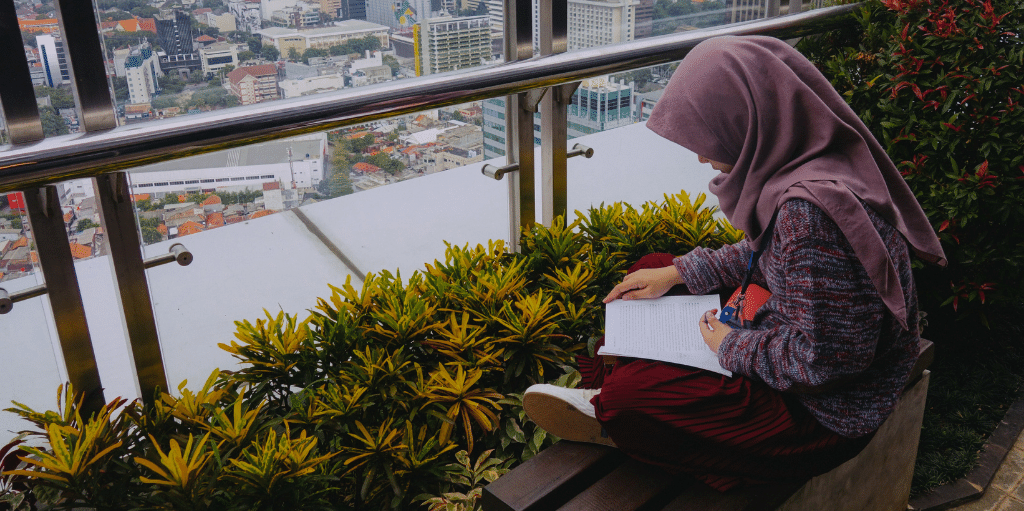in Singapore
in Singapore

Reflection on Walid Jumlatt Abdullah’s Islam in a Secular State - Muslim Activism in Singapore

This book is about politics and how various interest groups lobby for change within a politically restrictive environment. The author identifies three groups of activists: the ulama, the conservatives, and the liberals. It is important to mention that these groups are diverse in themselves and it is fair to say that none of them apply these labels to themselves. The ulama prefer the more modest term ‘asatizah’, the conservatives are at best indifferent to the label, while the liberals see their label as a pejorative that diminishes their legitimacy in the community. Labels notwithstanding, it is important to understand that distinct groups do in fact exist within the Singapore Muslim community and this book seeks to untangle how each group interacts with the government. So in this light, the labels are a practical heuristic.
The defining feature of the Singapore government is its narrative of perennial geostrategic insecurity that is compounded by a multiethnic, multireligious population. The current regime makes clear that it believes that it alone is able to keep the peace and ensure economic success. The spectre of the 1964 riots is invoked annually without fail, lest we get too complacent. This is why the current regime is unapologetic in its interventions on religion, particularly Islam post 9/11. It is with this lens that the author applies his concept of political opportunity structure. All interest groups have to operate within the structure that the regime has set. To operate outside the structure is to lose legitimacy, platform and sometimes much more as the book demonstrates; so the stakes are high.
Activists in Singapore really have two choices: cooperate with the state or conduct activism in areas in which the state is ambivalent because it does not challenge their political legitimacy as keepers of the peace and stewards of success. Younger Muslims who have not internalised this sometimes express consternation on social media when causes such as hijab-wearing among uniform groups are not openly discussed. There are three possible responses by the ulama to causes such as the hijab issue and this is: opposition, silence, or closed-door dialogue. All-out opposition has a track record for being ineffective given the restrictive political environment, silence is unconscionable, and so the only course of action is closed-door dialogue. It’s not ideal, but it’s the best shot at success, pragmatically speaking.

It may be unintended, but this book also presents a potted history of the recent Singapore Muslim past. To illustrate political opportunity structures, the book goes through a catalogue of flash points in the Muslim community over the last few decades. There is the hijab issue of course, the issue of compulsory education, the tudong-wearing primary school girls, the discovery and detention of the Jemaah Islamiyah conspirators, the Singapore Muslim Identity Project, the banning of speakers like Mufti Menk and Zakir Naik, the Imam Nalla incident, the Pink Dot / Wear White episode, the Merry Christmas greeting controversy (when even cabinet ministers weighed in) and there is even the beginnings of murmurings on Chinese Privilege that is being played out now in the public light in July 2021.
This work reinforces our position that to understand the world we need to read books and not just rely on news articles or viral posts on social media. As a medium, books are better able to provide a holistic account of not just episodes, but help us see patterns, structures and power dynamics at play across decades. It helps us become better engaged citizens who can be agents for change instead of being reactionary combustibles who rage in glass walls.
If you want to be an activist, read.
Islam in a Secular State - Muslim Activism in Singapore
Walid Jumlatt Abdullah
Amsterdam University Press